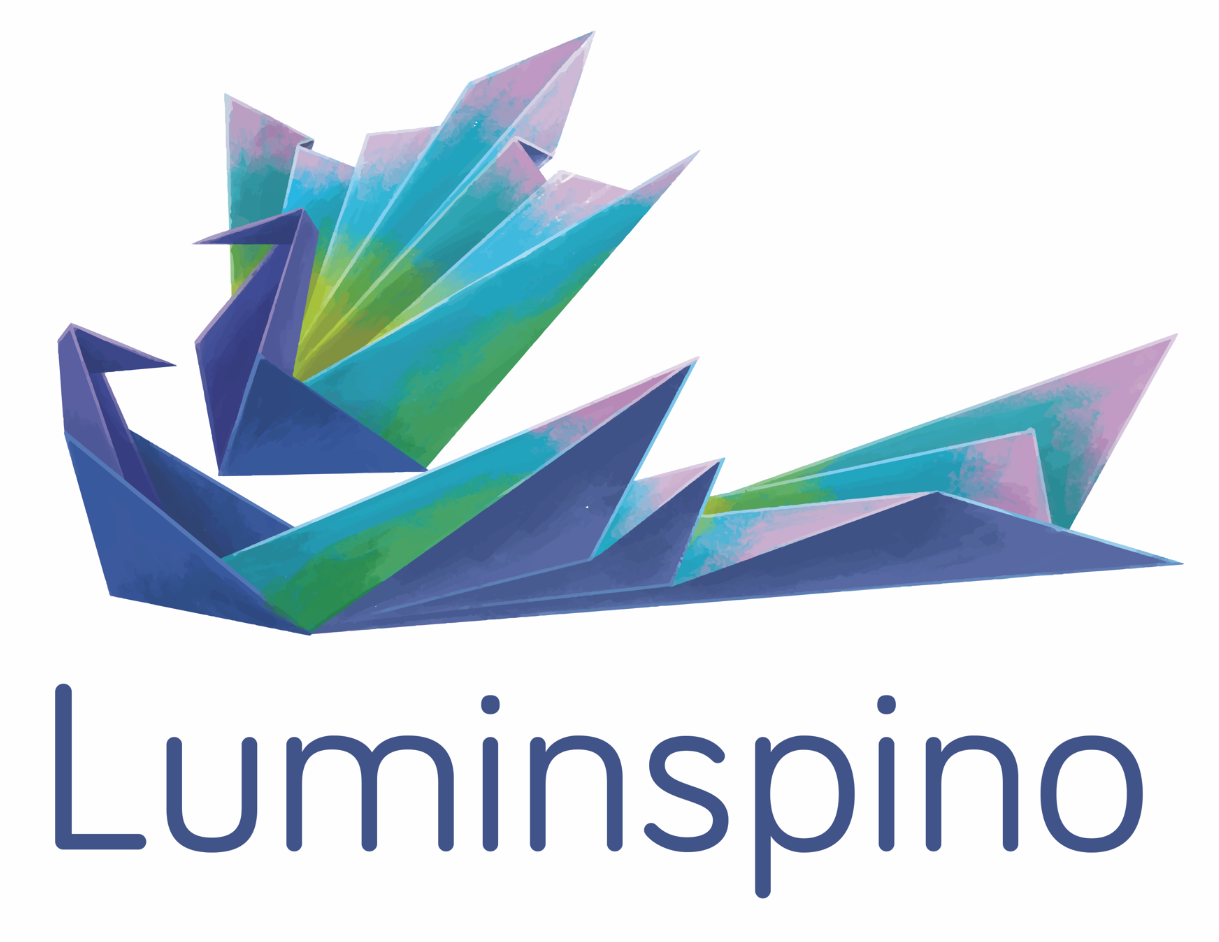On March 2022, Luminspino partnered up with the OECD, represented at the event by Mr. Christian Saublens – former Executive Director, for almost 25 years of the largest European network for economic development – in piloting the Better Entrepreneurship Policy Tool in Romania, with a focus on Women and Youth Entrepreneurship. The entire recording of the event is available HERE.
According to the OECD – Organisation for Economic Co-operation and Development – Romania boasts a sound entrepreneurial ethos, coupled with a strong presence of SMEs, both thriving in less favourable entrepreneurship conditions, by comparison with most of the EU countries – e.g. challenging regulatory environment and heavy administrative burden on new start-ups, lack of consistency in policy support and incentives, low presence of business and innovation support services, difficult access to human resources or finance etc.
According to the “The Missing Entrepreneurs 2021” Report (OECD), self-employment in Romania declined over the last decade yet remained slightly higher than the EU average (15% vs. under 14% in 2020). This is largely due to high levels of self-employment among seniors (50-64 years old) (20%) and youth (20-29 years old) (10%). There is also a notable gender gap among self-employed workers as women only account for about one-quarter of the self-employed workforce compared to an EU average of 33%;
The OECD estimates that, by eliminating the gaps in entrepreneurship activity rates as measured by self-employment across population groups would result in an additional 577 000 entrepreneurs1, and 85% of these “missing” entrepreneurs are female and 62% are between 50 and 65 years old.
The Better Entrepreneurship Policy Tool is a programme of the OECD which aims to improve the strategies and initiatives in support of inclusive entrepreneurship. Luminspino conducted the assessment process on the Romanian side, with a focus on Women and Youth Entrepreneurship. The data was collected through online invitations followed by an exchange of views event, on March 22, 2022, aiming to define some actions.
There were 22 participants taking part in the event, from Timisoara, Bucharest, Cluj, Arad, Oradea, Baia Mare, Targoviste, and Szeged (Hungary). The panel was made up of 2 local public authorities, 3 from RDAs, 3 from universities, 6 women entrepreneurs, 2 youth entrepreneurs, 1 entrepreneur coaching young ones, 2 Business angels, 1 bank, 1 accelerator, and 1 TTO representative.
The main outcomes of the exchange of views were:
- Most of participants acknowledge and welcome the public supports in favour of entrepreneurship, but there is a shared view that they do not fully reach their expectations. This is since the ways those support schemes are implemented do not always match the entrepreneurs’ expectations or those of support providers and have unnecessary paperwork to be filled in before and after they apply for the support.
- Woman entrepreneurs perceived the supports schemes as too generic and not enough designed to solve their specific needs.
- Service providers regret a too fragmented implementation approach and sometimes a lack of predictability regarding the launch of the next generation of calls or of segmentation of the potential beneficiaries. National schemes are not enough segmented. Too often, they are delivered by different intermediary organisations which do not always work in synergy.
- Some participants asked to pay more attention to the wording used to promote entrepreneurship. For instance, to consider women entrepreneurs as a vulnerable group is not very rewarding.
- Would-be entrepreneurs face traps for instance to get a credit you need to show experience and guarantee that obviously they cannot provide.
- There is a lack of positive image of women creating their start-up. There is not enough promotion of positive role model. Women entrepreneurs are still focus their interest to a limited number of sectors.
- Young entrepreneurs face difficulties to access a second round of external funding and to be coached by business developers.
- Cultural barriers including, at the family level and clichés are still predominant for women would be entrepreneurs.
- Too often training in the field of entrepreneurship is provided by people, who didn’t create a business.
Every participant found that it was a useful exercise insofar that the Better Entrepreneurship Tool by OECD provides a good opportunity to look to the issue from a different point of view than the classical monitoring.
It was agreed that the participants will stay in contact to give a follow up the exchange of views and to put in place some actions to respond to some of the weaknesses identified and to continue to identify gaps in the ecosystem like the issue of access to external sources of funding and support for the internationalisation. Moreover, the participants of other regions were encouraged to undertake a similar exercise in order to create an informal user group in order to exchange views at national level.
1I.e. applying the self-employment rate of men who are 30-49 years old to the whole population
